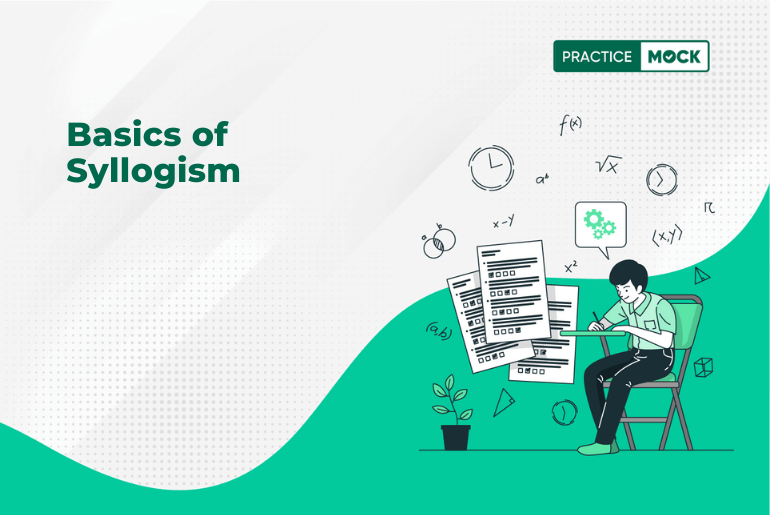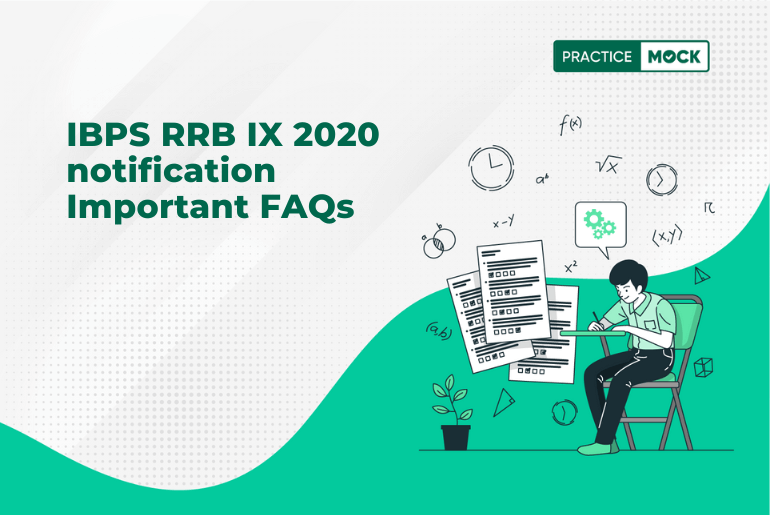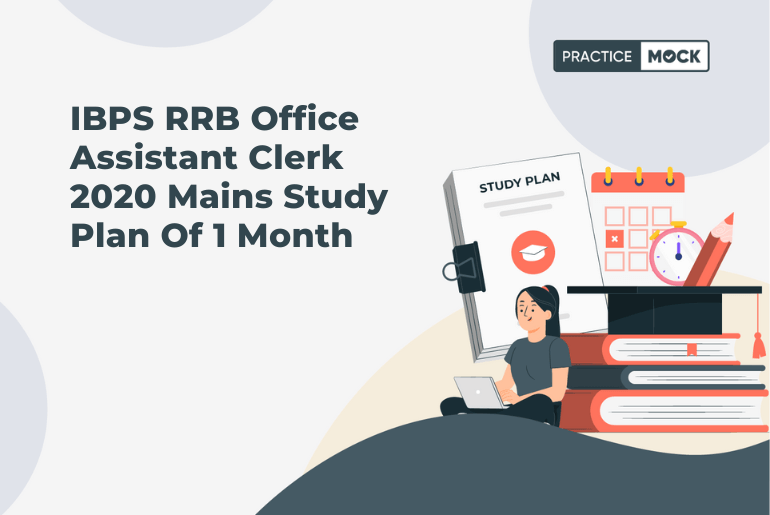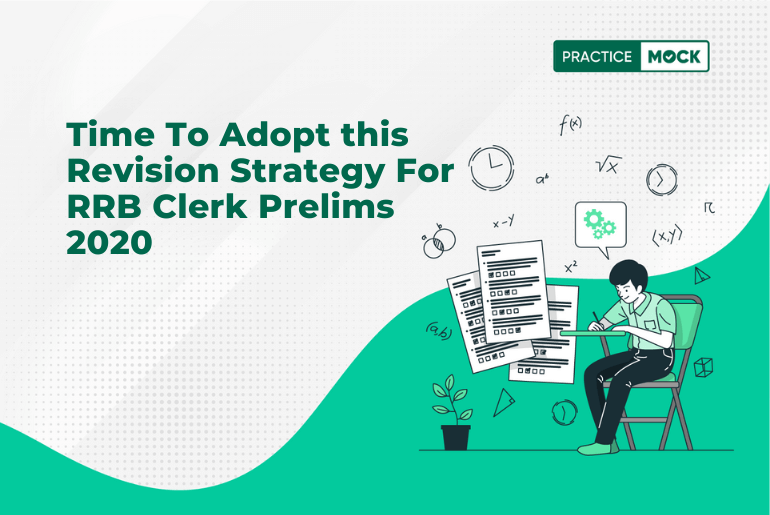Basics of Syllogism


Basics of Syllogism: Syllogism is a key component of logical reasoning and critical thinking. This fundamental concept allows us to draw logical conclusions from given premises. To grasp the art of syllogism, let’s start with the basics.
Defining Syllogism
Syllogism is a deductive reasoning process that entails deriving a conclusion from two premises, whether given or assumed. The conclusion must follow logically from the premises, making syllogisms a valuable tool for evaluating the validity of arguments and reasoning.
Key Elements of a Syllogism
A syllogism is comprised of three primary components: the major premise, the minor premise, and the conclusion. The major premise is a general statement, the minor premise is a specific statement, and the conclusion logically flows from these two premises.
Categorical Syllogisms
Categorical syllogisms are the most common type. In these syllogisms, statements revolve around categories or classes. Terms such as “all,” “some,” or “none” are used to make statements regarding the relationships between these categories.
An Example of a Categorical Syllogism
- Major premise: All mammals are warm-blooded.
- Minor premise: Humans are mammals.
- Conclusion: Therefore, humans are warm-blooded.
Diverse Types of Syllogisms
There are various types of syllogisms, including categorical syllogisms, hypothetical syllogisms, and disjunctive syllogisms, each with its own unique characteristics and rules.
Rules for Valid Syllogisms
For a syllogism to be considered valid, it must adhere to specific rules. The conclusion must be a logical consequence of the premises, and each term should be used consistently throughout the argument. Furthermore, a valid syllogism must contain two premises and one conclusion.
Testing Validity
The validity of a syllogism can be evaluated through several methods, including Venn diagrams, truth tables, and the application of specific rules, such as modus ponens and modus tollens.
Practical Application
Syllogisms play a prominent role in competitive exams, aptitude tests, and assessments of critical reasoning. Proficiency in syllogism problem-solving is developed through practice and application, enabling individuals to analyze and deduce logical conclusions effectively.
In Conclusion
A grasp of the fundamentals of syllogism is the first step in mastering this essential element of logical reasoning. As you become more acquainted with syllogistic rules, types, and applications, you’ll find yourself well-prepared to draw valid conclusions and assess arguments with precision.
Recent Posts
Is RBI Grade A a Gazetted Post?
Many aspirants preparing for the RBI Grade A exam want to know whether the RBI…
Union Bank of India Salary 2025, Check In-hand Salary, Salary Slip, and Job Profile
Discover Union Bank of India Salary 2025 with all the important details like In-hand Salary,…
RBI Grade A or B, Which Exam is Coming First?
Plesae write 22-word, 5 compelling meta descriptions for a WordPress blog having the title: RBI…
SBI PO Books, Check Best Books for SBI PO Preparation
Get a complete list of the best SBI PO 2025 Books & Mock Tests for…
How to Maximize your Score in RRB Clerk 2025 Exam
In the following article, we have discussed how you can maximize your score in the…
IBPS RRB PO Reasoning Topic wise Weightage, Check Prelims & Mains Weightage
In this article we are providing the IBPS RRB PO Reasoning Topic wise Weightage. Candidates…


